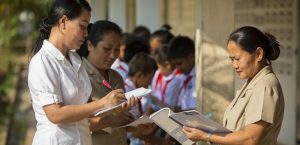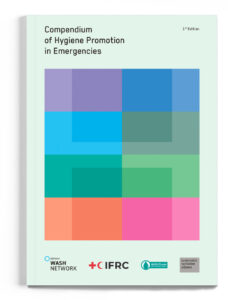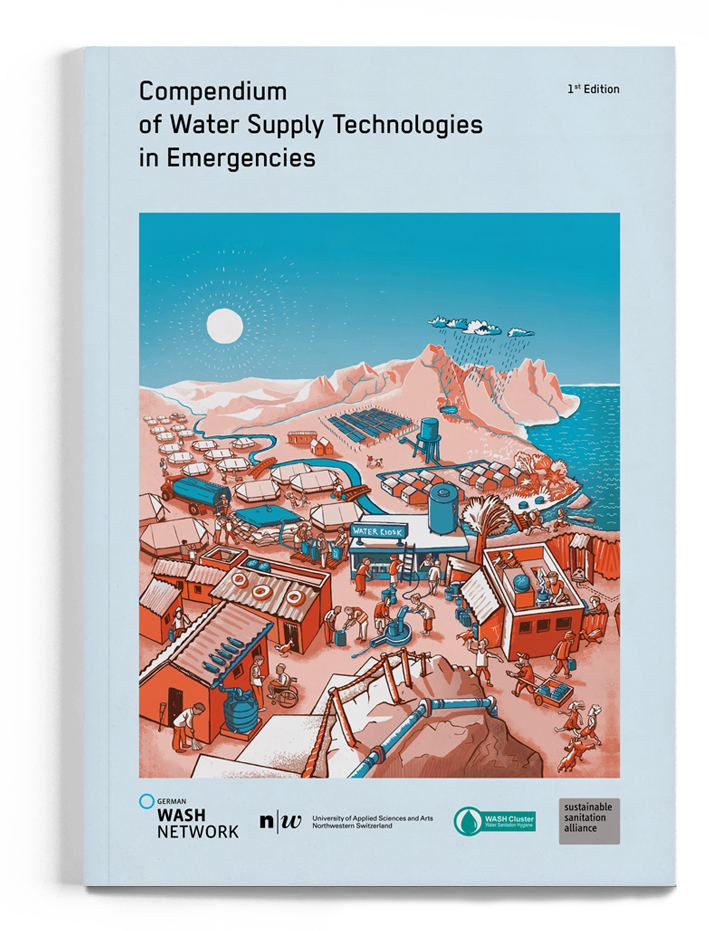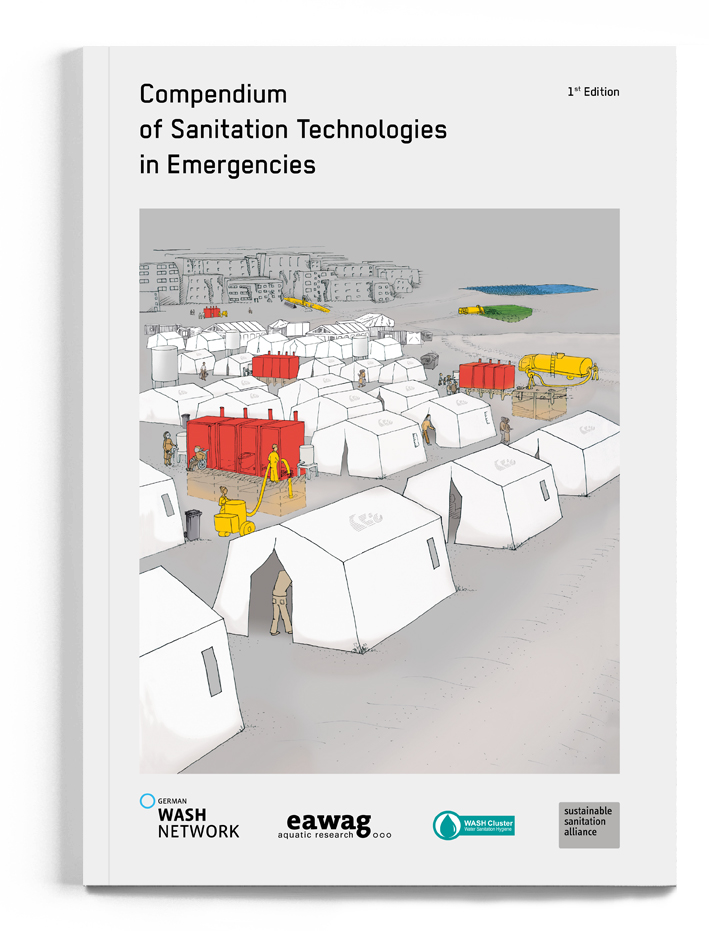Stockholm Water Week 2019

GIZ
Power of Self-Assessment – Triggering Action for WASH in Schools
This session aims to present the power of self-assessments conducted in schools in different cultural settings and in different parts of the world. The concept is used in rich and poor countries alike. Experiences with the impact of self-assessments will be shared by leading practitioners and discussed with the audience. The focus will be on the potential and the limits of using self-assessments in public institutions as innovative method to trigger action by using transparency and accountability, setting incentives and rewards. Self-assessment has been used to draw attention to areas of importance, involving students, teachers, parents and the wider community.
Following the case presentation, participants will be asked to conduct an anonymized mock self-assessment on hygiene behavior through a link on their smartphones. The results will be simultaneously displayed on screen, while the participants will share their experience.
Presenters will share key learnings from the assessment exercises and engage participants in a panel discussion.
Power of Self-Assessment – Triggering Action for WASH in Schools
29. August 2019 I Room M6
16:00 Welcome Scope of the Session, Self-Assessment exercise – Thilo Panzerbieter, GTO
16:10 Introduction The power of Self-Assessment in WASH in Schools – Dr. Bella Monse, GIZ
Lightning Round Presentations (5 minute presentations of case examples)
16:20 Case example: Bangladesh Integrity Assessment of WASH in Schools Bangladesh 2017-19 – Binayak Das, WIN
16:25 Case example: Uganda Using the Risk Assessment and Mitigation tool for Sustainable WASH facilities in schools – Sandra van Soelen, Simavi
16:30 Case example: Pakistan/Uganda Toilets Making the Grade – Dr. Ulrike Pokorski da Cunha, GIZ Sanitation 4 Millions
16:35 Case example: Philippines/Cambodia WASH in Schools Monitoring and Evaluation, Self-Assesment of Schools driven by Ministries of Education – Katherine Pizzacalla, GIZ Regional Fit for School Program
16:40 Case example: Guinea WASH self-evaluation by school leaders, a first step towards accountability – Mohamed Sarr, Terre des hommes
16:45 Case example: Cambodia Blue Schools – Kit for stakeholders – Lucie Leclert, Swiss Water and Sanitation Consortium
16:50 Discussion
17:20 Summary Evaluation of the Self-Assessment exercise – Thilo Panzerbieter, GTO
The link to the event at the official Stockholm World Water Week website you will find here.
Convener
Bremen Overseas Research and Development Association
Gesellschaft für Internationale Zusammenarbeit
Development Organisation for the Rural Poor
Health through Water and Sanitation
Sustainable Sanitation Alliance (SuSanA)
Swiss Water and Sanitation Consortium
Women Engage for a Common Future




